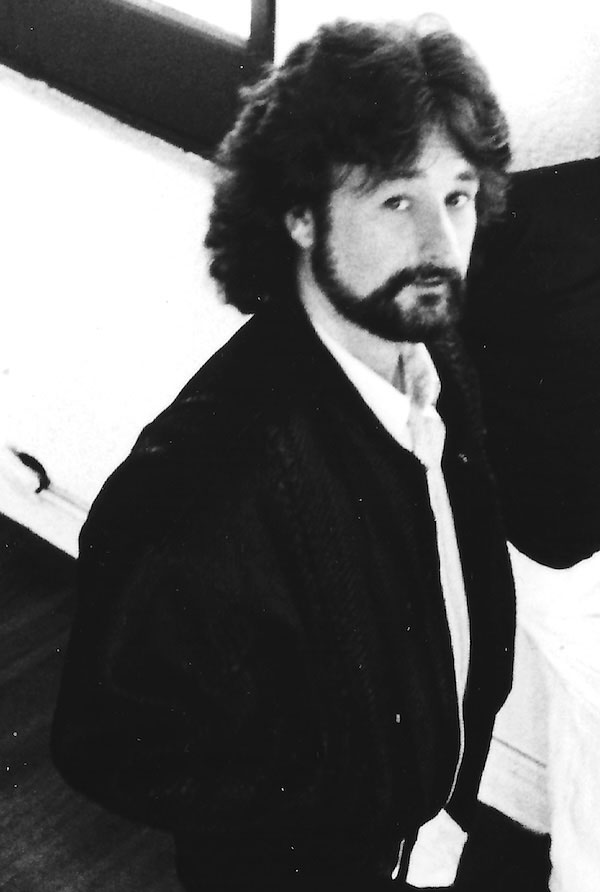Rick Davies, the singer and founding member of Supertramp, died on September 6, 2025, after a long battle with cancer. He was 81.
In the ’70s, Supertramp filled a void in the progressive-rock genre. While the band presented the same type of atmospheric, thematically related material and refined instrumentation as groups like Pink Floyd and Yes, it took things a step further. Songwriting partners Roger Hodgson and Rick Davies could also write hooks and melodies, a rare commodity in the genre. The band was fueled by the creative tension between the two strong and highly distinct personalities, and the relationship worked in a big way, giving Supertramp best-selling albums with Crime of the Century, Crisis? What Crisis?, Even in the Quietest Moments… and Breakfast in America.
But Supertramp lost musical momentum in the first half of the ’80s. While previous records had marked their progression as players and exponents of their own hit formula, Supertramp released a lackluster album ominously titled Famous Last Words in 1982 and seemingly disappeared.
The normally reclusive Davies reflected on Supertramp’s three-year hiatus while lunching in a Mexican restaurant in Denver. “People think we broke up,” the enigmatic keyboardist and vocalist said. “Famous Last Words was a disappointment to us as well as our fans. It was a tough album to make—we were floundering, surrounded by indecision and confusion. We had different configurations of songs, but we couldn’t agree on a unifying theme for an album. It was like pulling teeth.”
Following a tour of Europe, Supertramp took a six-month “cooling-out period” before deciding to embark on a farewell tour of America. Hodgson announced up front that he was leaving the band and did so after the last performance (he then released a solo album titled In the Eye of the Storm).
Hodgson’s departure didn’t cripple the plans of the remaining members—Davies, Dougie Thomson on bass, Bob Siebenberg on drums and John Helliwell on saxophone. “He had threatened to leave for six years,” Davies said. “So we had already kicked some ideas around—what we would do if he left.” The group put its affairs in order—Davies’ wife handled the management responsibilities—and finally went about recording. The band resurfaced with Brother Where You Bound, an album that yielded the title track, a 16-minute epic that turned out to be the centerpiece. David Gilmour, Pink Floyd’s major instrumentalist, showed up to contribute the song’s hypnotic guitar riff.
“It’s been around for four or five years and slowly grown like some big monster,” Davies said, laughing. “We tried to do it on Famous Last Words and couldn’t make it work with everything else we were doing at the time. It’s sort of an abstract odyssey or oddity of a piece about a paranoid character who is convinced that the country is going to be taken over by forces unknown.”
Some critics interpreted the song as an allegory about communism, and the other material on the album had a decidedly political slant. “I now find myself less scared of saying something that might have a bit of a political edge to it,” Davies said. “I tend to read more newspapers, listen more to what is going on in the world, and in turn, I’m prepared to risk my neck a little more with this album. I use quotes from politicians to date it. It helps establish when it was written, and I like that.”
Davies never fulfilled a long-standing deal to record a solo album. He went on to form new iterations of Supertramp to tour and record, but not with Hodgson. “I don’t have huge individual ambition,” he said. “Roger would like to be a name. I’m a little less heavy—it’s just an expression for me, not a big deal. Rock ’n’ roll is basically a commercial medium, and it’s something you have to face—we’re all subject to the public’s reaction. Our concern is to remain fresh and current, to try to find ways to reflect what’s happening today, not rehash 1975 and end up in Vegas. That would be the worst.”


